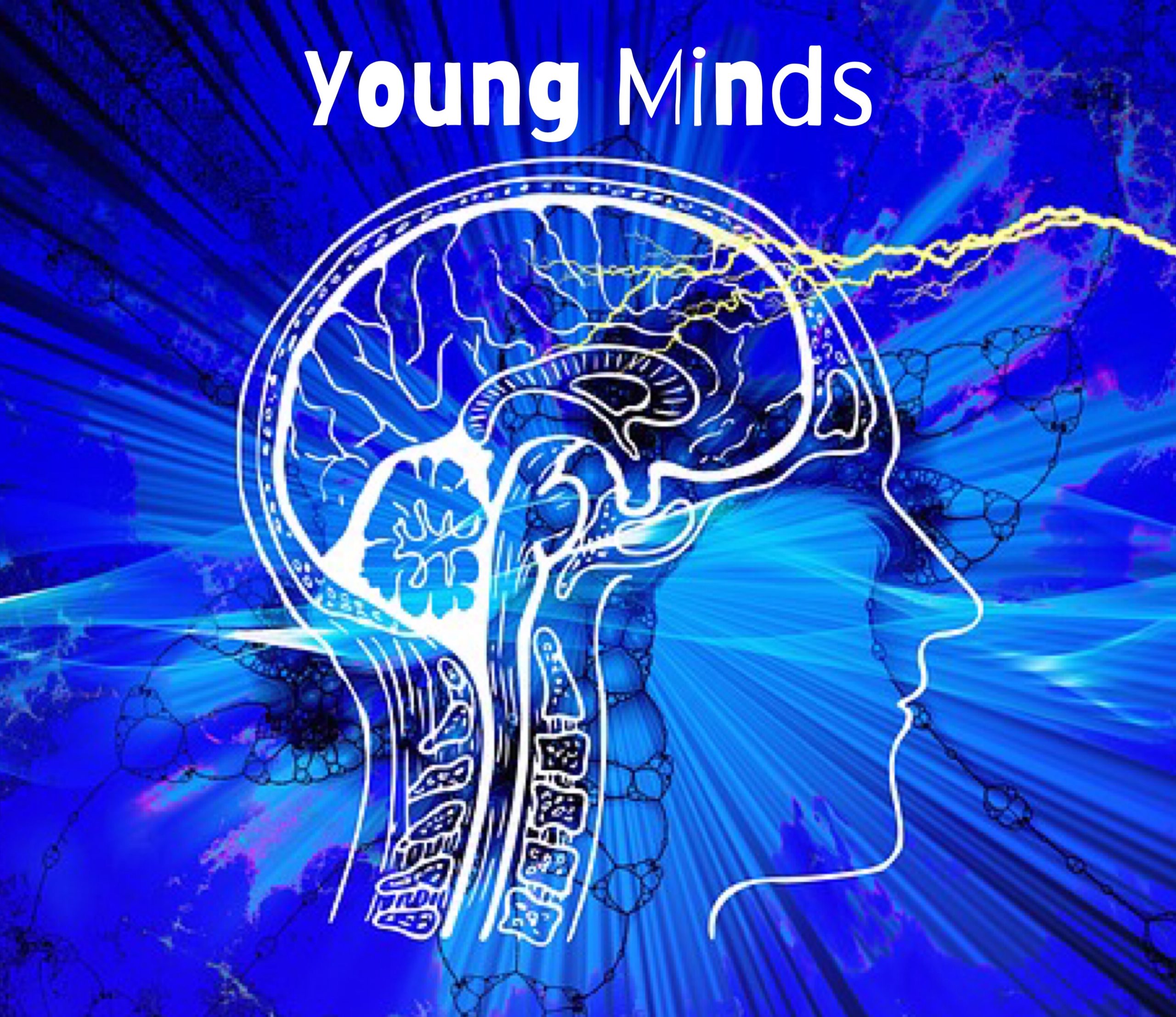
Adolescence and Mental Health
Adolescence encompasses great change, burgeoning independence and can be a very formative time in many young people’s lives. Unfortunately this is also a time when those same young people are at a threat of developing mental health disorders.
Sometimes this is due to an underlying genetic predisposition or can be caused by adverse circumstances. In a recent worldwide study, 10-20% of adolescents experience a mental health disorder. It is important that our younger generation is provided with adequate support in their schools and at home to get the help they need.
Among the disorders with a relatively early onset is schizophrenia. Most people start showing symptoms in their late teens or their 20s. Schizophrenia is well-known for its highly genetic component as well as the influence of environmental factors like prenatal exposure to viruses and smoking marijuana.
Co-Occurring Struggles
Eating disorders are another complexity that often emerges during an individual’s early teens. The average age of onset for anorexia is 16-17 years, while bulimia nervosa is 18-19 years. Eating disorders can greatly impact the health of individuals and often co-occur with mental health disorders. Mental health disorders, like depression and anxiety are some of the most common and can become life-long struggles. Suicide is the third leading cause of death in adolescence and can be implicated with any of the aforementioned mental health disorders.
Many who suffer from mental illness also struggle with a substance use disorder. The abuse of alcohol and tobacco is a primary concern in this age group. Most adult smokers began smoking before they turned 18. Similarly, the younger you start drinking alcohol, the more at risk you are of developing an alcohol use disorder.
Prevention
Being aware of these facts allows us to take preventative measures. Provide support and resources if you suspect or if they do suffer from a mental illness. One of the most important interventions is school-based. Children are taught about mental health and important life-skills by trained staff with prevention programs for vulnerable children. Outside of school, community and family support; like peer mentor programs and family-focused skills building can be essential to this age group. There are many different ways to combat mental health disorders and each patient is different. It is beneficial to find the solution that works for your specific needs and mental health.
If you or someone you know is struggling with a mental health disorder, like depression or anxiety, please contact the professional team at Lifeline Connections. You can visit Lifelineconnections.org or call 360.397.8246 for more information.
Sources: https://www.who.int/news-room/fact-sheets/detail/adolescent-mental-health
